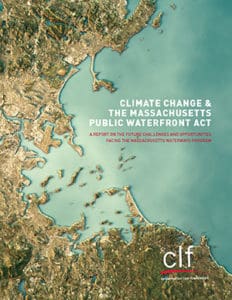Vermont Should Create a “Climate Superfund” to Hold Big Oil Accountable
Vermont can make Big Oil pay for its role in climate change with the Climate Superfund bills.
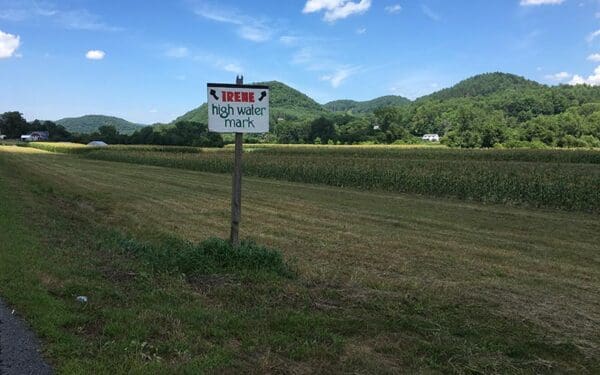
Vermont can make Big Oil pay for its role in climate change with the Climate Superfund bills.

Microgrids will provide communities with energy independence, resilience, and security in the face of extreme weather.
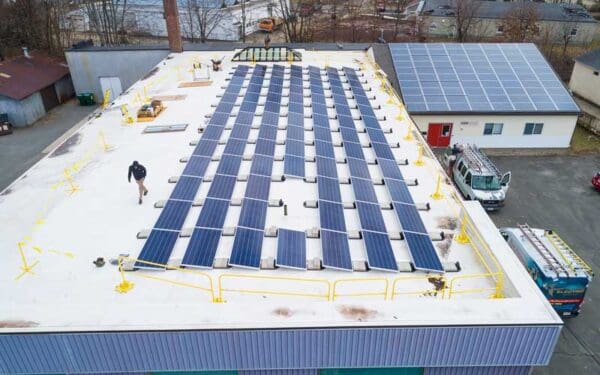
Our region has seen hurricanes and tropical storms before, but, as we’ve just witnessed, it doesn’t have to be a storm of that magnitude to do significant damage. This year’s wet summer has shown that severe storms are becoming more common and intense, and they will only grow more frequent as the climate crisis deepens.
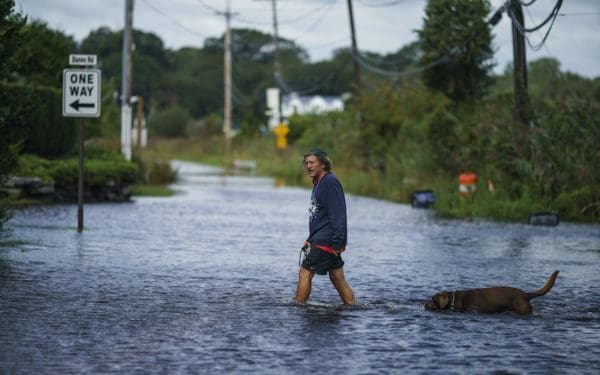
COVID-19 has had a profound impact on Vermonters. But, if we move forward in the right way, we can build a resilient future for Vermont. Here are the three priority areas that we must work on to create the future we want.
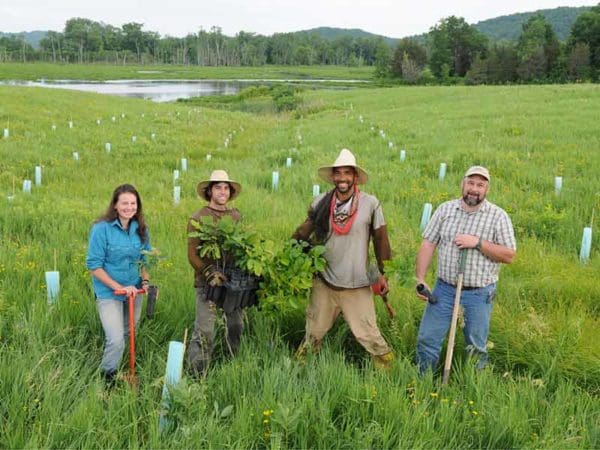
“The communities surrounding this facility cannot wait for the EPA to dig through a mountain of backlogged permits to feel safe,” said Bradley Campbell, President of Conservation Law Foundation. “And waiting for a major storm to expose the vulnerability of the terminal is also not an option. This case needs to move forward now so Exxon is forced to prepare for the impacts the climate crisis will have on this facility. The health of thousands of its neighbors depends on it.”
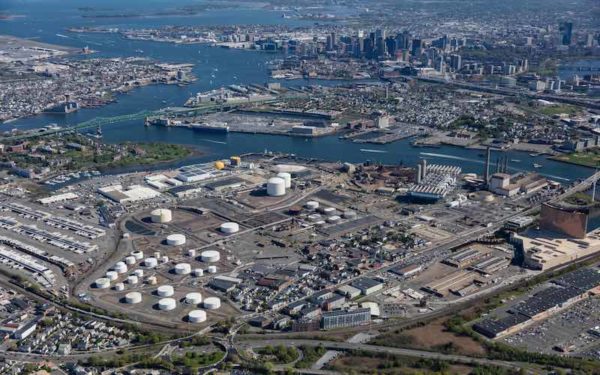
UPDATE: As we head into the Labor Day weekend, Florida is preparing for Hurricane Dorian – which could strengthen to a category four storm by Monday. While we call our loved ones down South with reminders to stay safe, it’s also time to revisit whether or not New England is ready for extreme weather. Our… Continue reading Is New England Ready for a Hurricane Harvey?
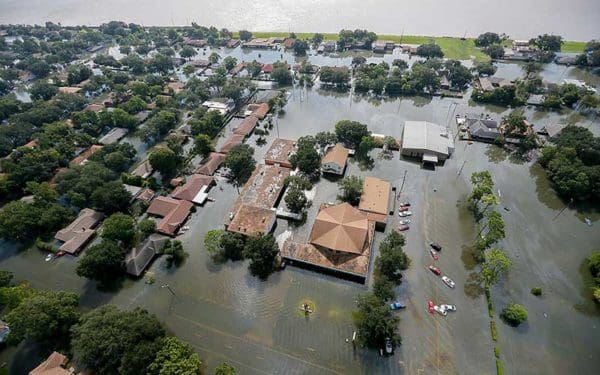
“Waterfront spaces in Massachusetts are owned by the public, and those ownership rights are being threatened,” said Bradley Campbell, President of CLF. “Developers continue to wall off access to the water, even as climate change threatens to render useless the precious few open spaces that do exist. This event was critical in bringing together people from communities across Boston to learn how to advocate for their right to access the waterfront.”

In order to meet the growing threat of climate change along the Massachusetts coast, the Commonwealth must update its laws and regulations to reflect changing climate conditions such as anticipated sea level rise and increased frequency and severity of extreme weather events. This task includes critical updates to the Public Waterfront Act program and its… Continue reading Climate Change and the Massachusetts Public Waterfront Act
